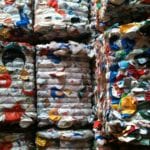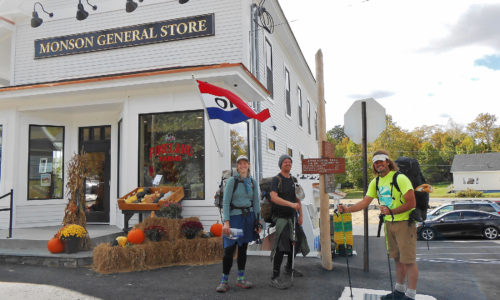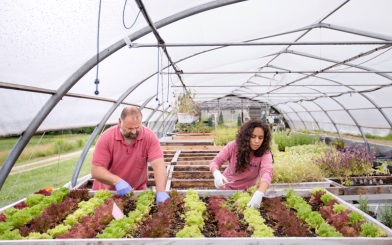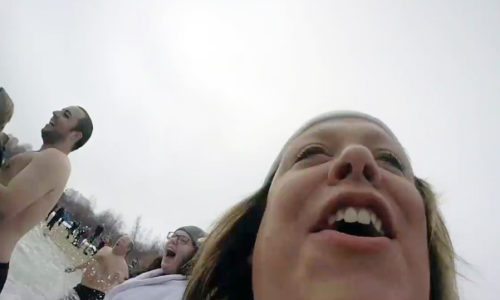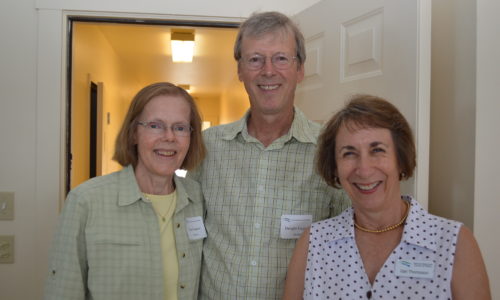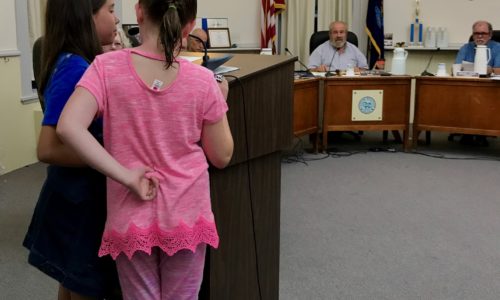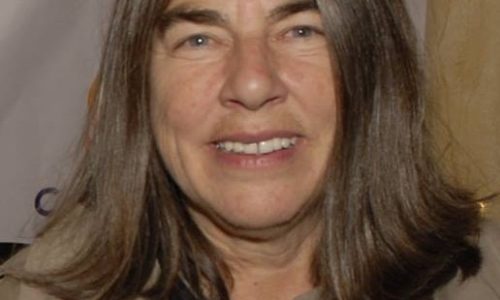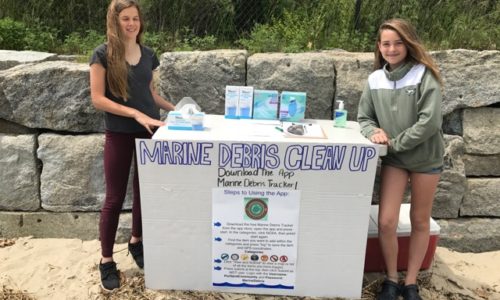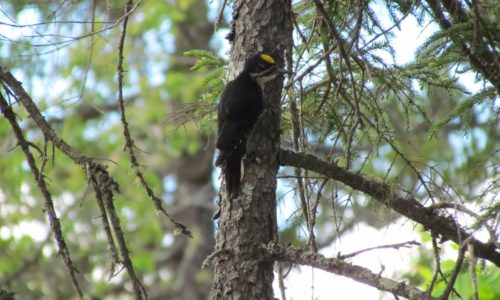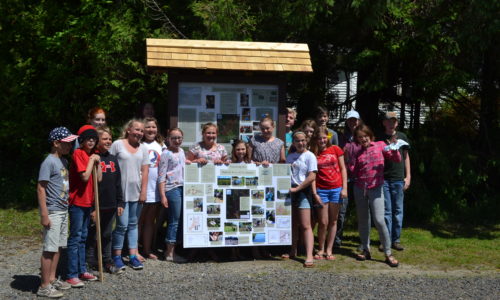On June 7, 2017, the Appalachian Trail Conservancy opened the doors of the Monson A.T. Visitor Center at its new location in the Monson Historical Society building on Main Street. Since then, we’ve been open seven days a week, and we’ve welcomed over four thousand visitors. Our final day of the season was October 15. The Appalachian Read More
Nature of Maine Blog
The Natural Resources Council of Maine’s “Nature of Maine” blog gives you the inside scoop on some of the latest issues facing Maine’s environment. From environmental news to threats to opportunities, NRCM is on the frontlines of the latest goings-on—and we’re often leading the charge on efforts to protect Maine’s precious lands, air, waters, and wildlife. Read what NRCM staff members have to say and get the perspective of some of our members and supporters who have been guest contributors.
Perhaps you have an issue you’d like to write about. Maybe you’re an expert on a particular topic and are inspired to share your expertise. Maybe you’ve recently made a visit to a spectacular Maine nature preserve or other natural area and would like to write about it (captioned photos welcome!). For submission guidelines, email nrcm@nrcm.org.
Unity College Awarded for Taking a Bite Out of Food Waste!
Unity College was recently recognized by the National Association of College and University Food Services for its commitment to sustainability! That’s good news, not only for the college but for other educational institutions throughout Maine. Unity’s efforts include initiatives that look at every level of the Food Recovery Hierarchy as a tool in the toolbox Read More
The Year My Terror Went Viral: My 2015 NRCM Polar Bear Plunge
I wouldn’t necessarily describe myself as an adventurous person. I refused to join my husband in going to see the new, terrifying (it seems to me!) Stephen King movie, “It.” Don’t look for me at those spooky houses during Halloween. And yet… I have plunged into the frigid ocean at Portland’s East End Beach not Read More
Meet Dwight Gagnon: NRCM Member and Artist of This Year’s Common Ground Country Fair Poster
One of the favorite parts of my job is attending events hosted by the Natural Resources Council of Maine or other events in which NRCM participates, like our annual table at the Common Ground Country Fair in Unity, coming up in September. I get to meet members and supporters in a variety of settings to Read More
Good News for Belfast, Bad News for Bags!
Belfast just became the tenth Maine town to adopt an ordinance to reduce the use of single-use plastic bags! On August 15, the Belfast City Council passed the ordinance, which bans single-use plastic bags. And, while they were at it, councilors also voted to ban foam food packaging, adding Belfast to the growing list of Read More
An Interview with Roxanne Quimby: Philanthropist, Conservationist, and Businesswoman
Next week marks the one-year anniversary of the new Katahdin Woods and Waters National Monument, located just east of Baxter State Park. This Monument was a gift to Maine and the American people from Roxanne Quimby and her family, and has already increased visits to the area, benefiting the region’s economy. Last year, Cathy Johnson, Read More
King Middle School Students Create and Lead Community Clean-up!
More than 30 people from the King Middle School community and beyond came together to fight marine debris at East End Beach in Portland. Together, we picked up nearly 8,000 pieces of litter, most of it in one afternoon on June 4. The project was all a part of a challenge we participated in sponsored Read More
Black-backed Woodpeckers and Other Birds in Katahdin Woods and Waters National Monument
As you now, Maine’s Katahdin Woods and Waters (KWW) National Monument has been in the news again recently. While Interior Secretary Ryan Zinke was doing a tour of the area, we decided to make another visit, on the same day. The birding opportunities in the Monument are so bountiful, but to keep this blog manageable, Read More
A Great Year of Learning about Maine’s Environment by Middle School Students
Since January, eight middle schools selected for grants that help students engage with Maine’s environment have been working diligently to learn as much as they can about the nature of Maine through projects designed by their teachers. Though school is out for the summer, many of these projects will continue into the fall and beyond. Read More









